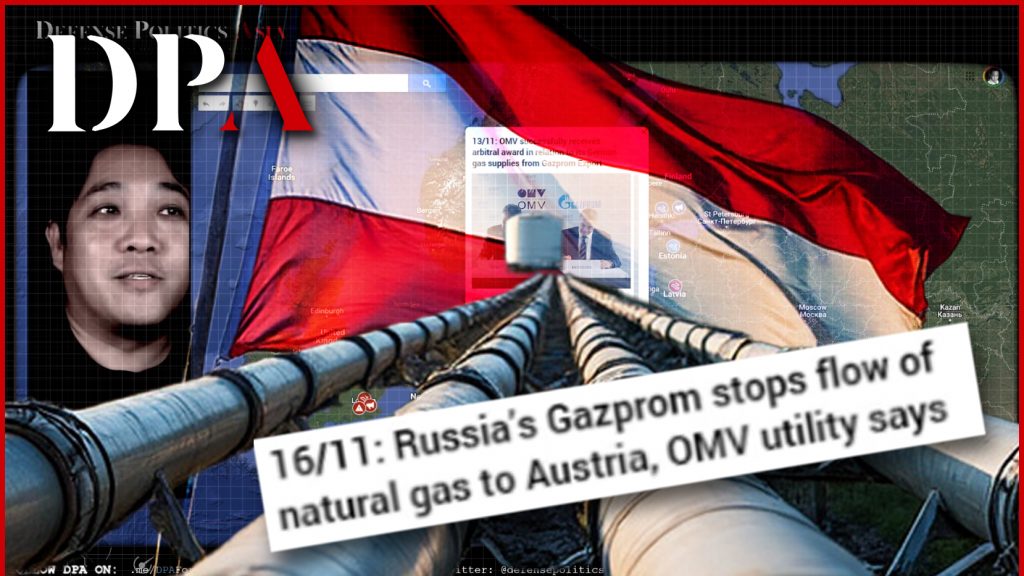Austria’s Bold Stance on Russian Gas: A New Chapter in Energy Politics
The Austrian utility company OMV announced that it would no longer pay for gas supplied by Gazprom, the Russian state-controlled gas giant. This decision came in light of a €230 million arbitration award granted to OMV by the International Chamber of Commerce due to irregular gas supplies from Gazprom.

Background of the Dispute
The tensions over gas supply between Austria and Russia escalated following Gazprom’s failure to deliver regular gas supplies through Germany, a situation that persisted until September 2022. OMV sought compensation for the damages incurred due to these interruptions, which contributed to significant losses on its balance sheet. In a bold move, OMV decided to offset its claim by refusing to pay for the gas it was due to receive from Gazprom, effectively seeking “free gas” to recuperate its losses.
This decision led Gazprom to stop the flow of natural gas to Austria, highlighting the fragile state of energy relations between Russia and Europe. Austria, which had previously relied heavily on Russian gas, now faces a new reality as it navigates its energy needs without this reliable source.
Immediate Consequences
In response to the cessation of Russian gas supplies, Austria indicated that it has sufficient gas storage, reportedly at 90% capacity, to meet its current needs. However, this situation raises concerns about potential price increases and the long-term sustainability of Austria’s energy strategy. The cessation of Russian gas has also triggered a diversion of LNG (liquefied natural gas) tankers from Asia to Europe, particularly to the UK, as European terminals become increasingly congested.
With this shift, five notable LNG tankers have re-routed to Britain, which may soon face challenges in managing the influx of gas supplies. The situation emphasizes the urgency for Europe to adapt its energy strategies amid ongoing geopolitical tensions, particularly with Russia’s use of energy as a tool of influence.
Broader European Implications
The European Union, while expressing solidarity with Austria, faces its own challenges in securing energy supplies. Ursula von der Leyen, the President of the European Commission, accused Russia of weaponizing energy to exert pressure on Europe. This statement reflects a broader narrative within the EU, as member states grapple with reduced reliance on Russian energy imports, which now account for just 9% of total gas imports as of late 2022.
However, despite Austria’s disruptions, data indicates that gas supplies to other European countries remain steady. This raises questions about the sources of gas flowing into the continent, with analysts speculating about alternative routes and the role of middlemen in the gas trade.
Future Considerations
As Austria and Europe prepare for a winter without Russian gas, the question remains: how will these developments reshape energy politics in the region? The potential termination of gas transit through Ukraine by the end of 2024 adds another layer of complexity to Europe’s energy future. Countries like Slovakia and Hungary, which have historically benefited from Russian gas, may find themselves forced to rethink their energy strategies.
In conclusion, Austria’s recent actions signify a pivotal moment in the ongoing saga of energy dependence and geopolitical maneuvering in Europe. As the situation unfolds, it will be crucial to monitor how these developments affect energy prices, supply stability, and the broader European energy landscape.
Full Video Report:

